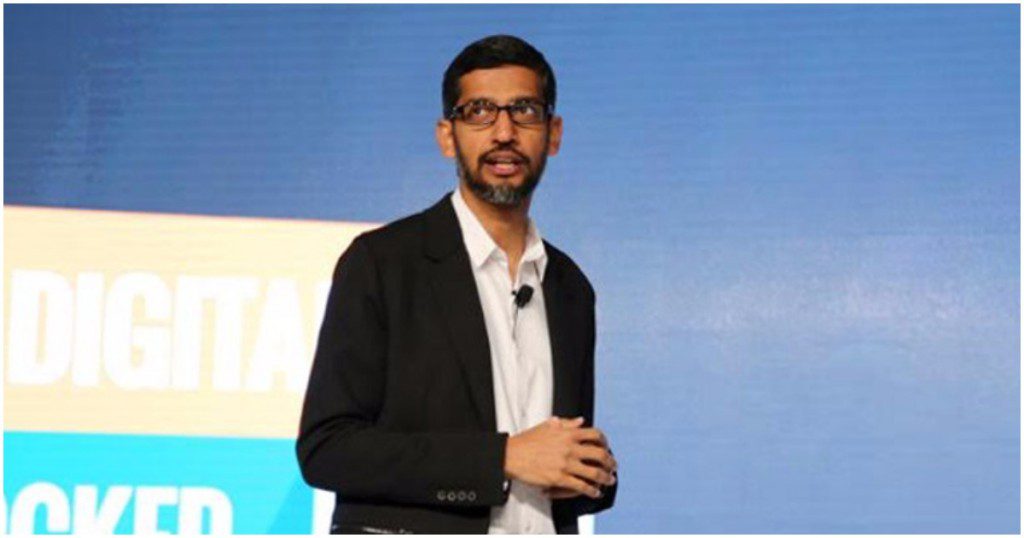Farewell speeches at companies are usually sentimental, sappy, and peppered with fond memories. This is particularly true if you’ve worked at them for 13 long years, and even more so if the company in question is Google, widely considered to be among the best places to work. But prominent Google engineer Steve Yegge’s farewell message has been quite the opposite.
Yegge has unleashed a extraordinary rant against his former employer in a blogpost titled “Why I left Google to join Grab.” Yegge wasn’t a rank-and-file Google engineer — he’d joined Google all the way back in 2005, and risen to become a Senior Staff Engineer. He’s also a popular speaker and tech evangelist, and had represented Google at several tech conferences.
But Yegge says that Google now isn’t the same company that he’d joined. “The main reason I left Google is that they can no longer innovate. They’ve pretty much lost that ability,” he writes. He then lists down four reasons why Google has been unable to innovate. “First, they’re conservative: They are so focused on protecting what they’ve got, that they fear risk-taking and real innovation. Gatekeeping and risk aversion at Google are the norm rather the exception,” he says.

The second reason Yegge says Google can’t innovate is because they’re “mired in politics.” Google is now a large corporate behemoth with over 70,000 employees across the world, and politics could be inevitable. “Politics is a cumbersome process, and it slows you down and leads to execution problems,” he says.
“Third, Google is arrogant,” says Yegge. “It has taken me years to understand that a company full of humble individuals can still be an arrogant company. Google has the arrogance of the “we”, not the “I”. When a company is as dramatically successful as Google has been, the organization can become afflicted with a sense of invincibility and almost manifest destiny, which leads to tragic outcomes: complacency, not-invented-here syndrome, loss of touch with customers, poor strategic decision-making.”
“Google does all sorts of things these days that leave everyone scratching their heads,” he adds. “Picking unwinnable fights and then trying to force their product on us (e.g. Google+), launching products that are universally panned (e.g. Allo), deprecating and turning down well-loved services (e.g. Reader, Hangouts), launching official APIs with competing and incompatible frameworks (e.g. gRPC vs. REST), launching obviously competing stacks that don’t talk to each other (e.g. Android native vs. Dart/Flutter), etc. Their attempts at innovation have been confusing and mostly unsuccessful for close to a decade. Googlers know this is happening and are as frustrated by it as you are, but their leadership is failing them.”
“Last, and probably worst of all, Google has become 100% competitor-focused rather than customer focused,” he says. “They play the dangerous but easier game of using competitor activity as a proxy for what customers really need…Google incentivizes successful feature and product launches, and by far the easiest, safest way to produce those is by copying competitors.” Yegge lists out several Google products which says are simply copied from other companies. “You can look at Google’s entire portfolio of launches over the past decade, and trace nearly all of them to copying a competitor: Google+ (Facebook), Google Cloud (AWS), Google Home (Amazon Echo), Allo (WhatsApp), Android Instant Apps (Facebook, WeChat), Google Assistant (Apple/Siri), and on and on and on. They are stuck in me-too mode and have been for years,” he says.
Yegge spends the remainder of the blogpost talking about his move to Grab, but what’s striking is the vociferocity of his criticism of his former employer. Google has built itself a reputation of being among the best places to work, but there have been some dissenters in recent times. Late last year, Google had found itself embroiled in controversy after firing an engineer for writing a memo that questioned its diversity practices. The memo had eventually found widespread support among the academic community, and even among the general public — posters criticizing CEO Sundar Pichai for the firing had then appeared outside Google’s offices. The engineer in question is now suing Google for his wrongful termination. Google was also sued by 3 women employees last year for allegedly paying them less than men.
But Yegge has had a ring-side seat into how Google’s matured over the years — he’d joined the company all the way back in 2005, and has seen it evolve into the tech behemoth it is today. And even as Google has grown, it now appears to be showing some of the strains that large companies are often subjected to — bureaucracy, red-tape, and misplaced incentives can often silently creep into daily operations. And if Yegge’s account is to be believed, Google’s now no longer the scrappy, innovative startup it once was.